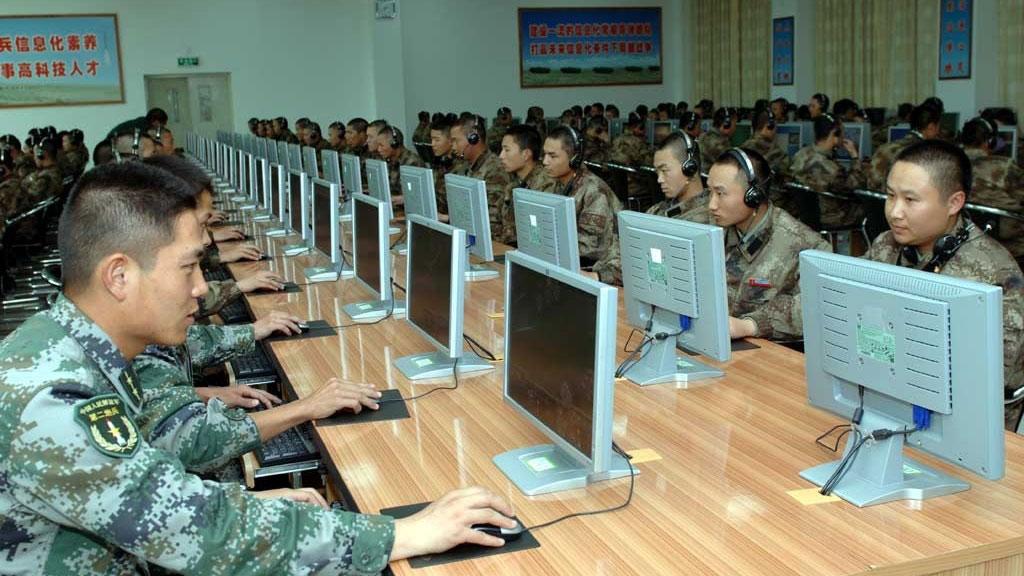In 2014, five Chinese military hackers were indicted for offenses that included computer hacking and economic espionage, targeting Americans in industries such as nuclear and solar power. It was the first time criminal charges were brought against Chinese military hackers for cyberattacks. But they never went to trial.
The individuals were part of the People’s Liberation Army Unit 61398, one of 22 known operations bureaus under the Third Department of the General Staff Department—the warfighting branch of the Chinese military. Each of these bureaus is involved with different forms of cyber operations, many of which target the United States and other countries.





